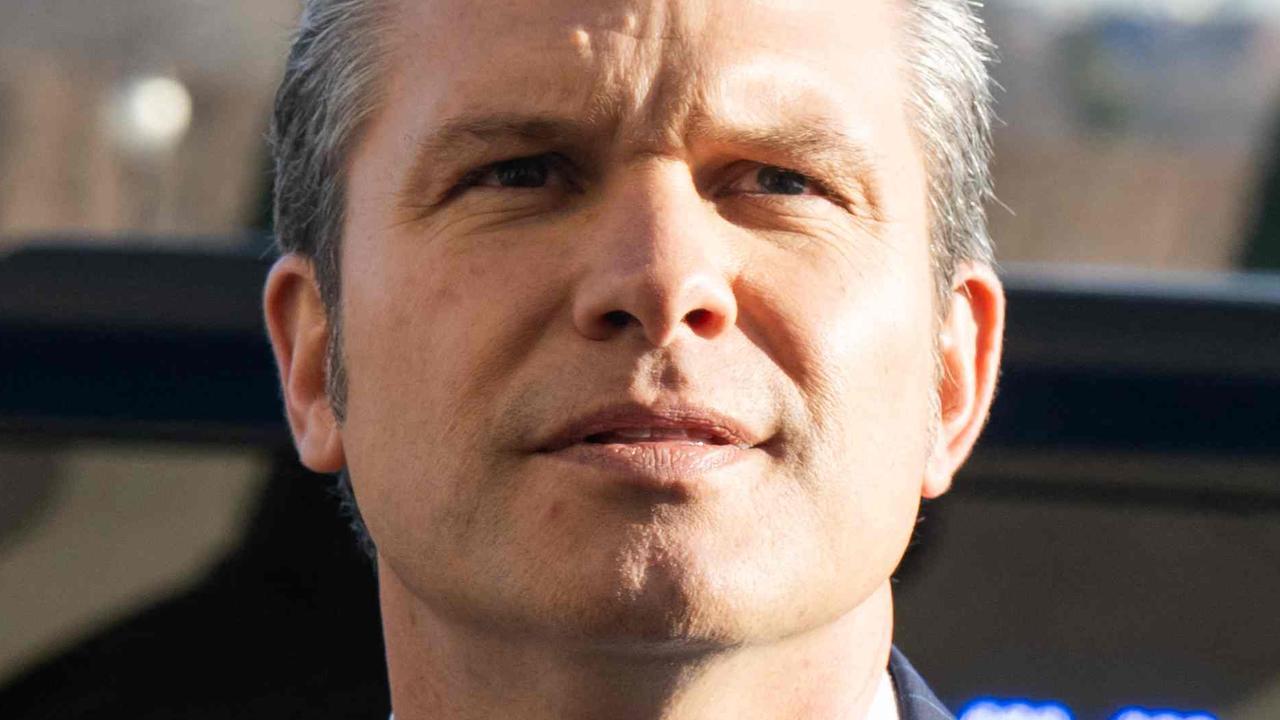Coronavirus world updates: Millions of vaccine doses could be contaminated; UK to extend lockdown as Delta variant spikes
The US Food and Drug Administration has told Johnson & Johnson that millions of doses of Covid vaccine produced at a troubled plant can’t be used.
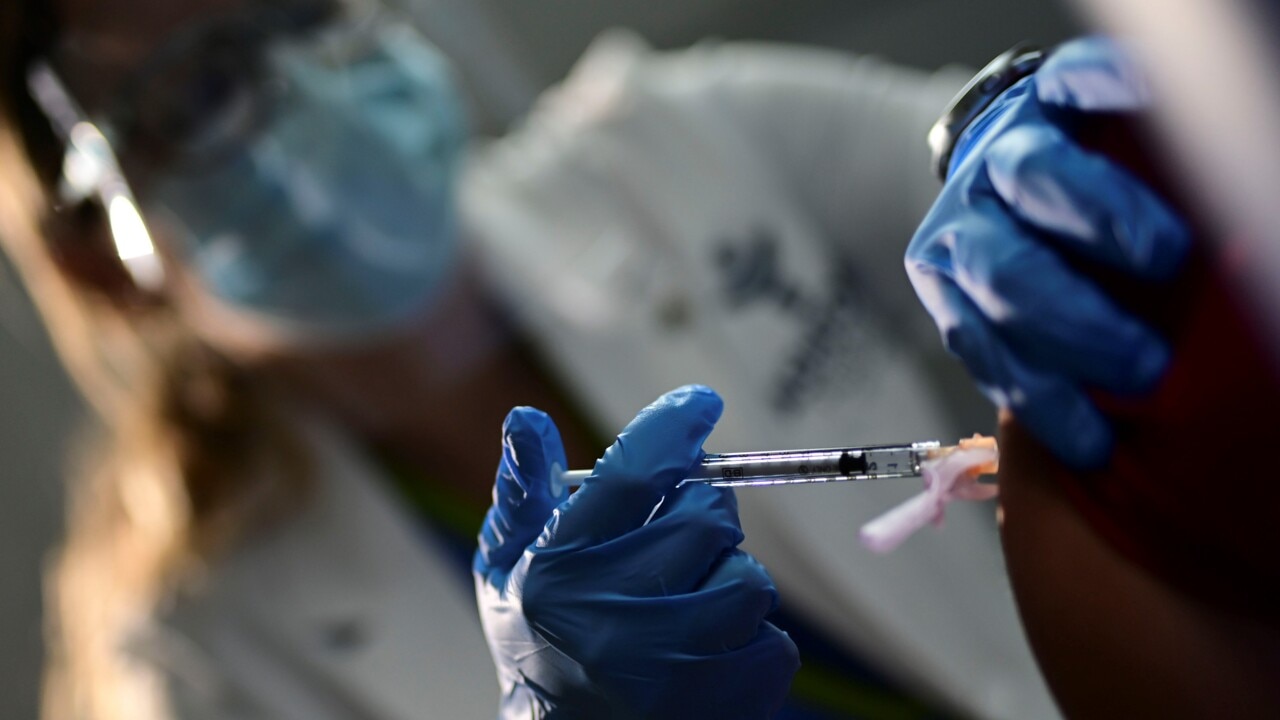
World
Don't miss out on the headlines from World. Followed categories will be added to My News.
The US Food and Drug Administration (FDA) has told Johnson & Johnson that millions of doses of Covid vaccine produced at a troubled plant can’t be used because of possible contamination issues.
In a statement, the FDA said “several” batches of vaccine manufactured at the Emergent BioSolutions facility in the city of Baltimore were not suitable for use. Each batch is known to correspond to several million doses.
Neither the agency nor J & J revealed the precise number doses, US media has estimated it could be as high as 60 million.
“These actions followed an extensive review of records, including the production history of the facility and the testing performed to evaluate the quality of the product,” said FDA scientist Peter Marks.
The Emergent plant was ordered to pause production in April, several weeks after it was determined that batches of substance used to produce the J & J vaccine were cross-contaminated with ingredients from the AstraZeneca vaccine, ruining a reported 15 million J & J doses.
The FDA is still deciding whether to allow the factory to reopen. Some 60 million AstraZeneca doses produced there and earmarked to be donated abroad are currently being inspected for quality before they can be shipped.
All of the J & J vaccines distributed and used in the United States so far were made in the Netherlands, not in Baltimore.
The FDA said it was greenlighting two batches of J & J vaccine made at the plant, while additional J & J batches remain under review.
“Johnson & Johnson has committed to producing safe, high-quality vaccines in order to bring health and hope to people everywhere,” said J & J executive vice president Kathy Wengel.
UK TO EXTEND LOCKDOWN AS DELTA VARIANT SPIKES
Boris Johnson is set to delay Britain’s lockdown-lifting “Freedom Day” to July 19 after cases of the Delta variant exploded by 240 per cent in just a week, according to a report in The Sun.
Under plans drawn up to be announced on Monday, a two-week review will be included meaning Covid restrictions could be dropped on July 5 if hospitalisations stay down.
But multiple sources reportedly told The Sun that the chances of lifting restrictions as planned on June 21 were close to zero.
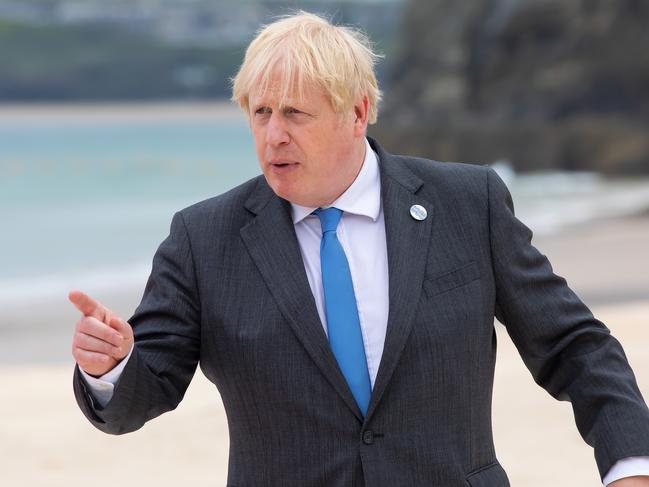
Under the British government’s road map, England had planned to drop rules on numbers at social gatherings and allow large weddings and the reopening of nightclubs from June 21.
British government sources involved in planning for the delay, point to the fact that all UK adults will have been offered at least one jab by the end of July, with short delay considered far better than having to u-turn and reintroduce restrictions.
“The last thing they need is a hokey cokey of in out, in out of restrictions,” one source told the outlet.
“No one wants to go backwards, and we have to get this right first go.”
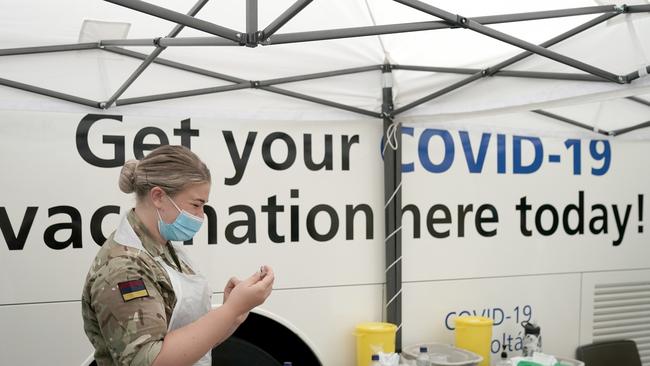
The delay will be used to work out if the vaccine rollout really means rising cases numbers do not spark a surge in hospitalisations – and it will allow millions more people to be double jabbed.
The British government said on Friday local time that the new Delta coronavirus variant is 60 per cent more transmissible in households than the variant that forced the UK to lock down in January.
The Delta variant, which first emerged in India, has caused a rise in cases in Britain, prompting questions about whether social distancing restrictions will be lifted as planned from June 21.
New research from Public Health England “suggests that the Delta variant is associated with an approximately 60 per cent increased risk of household transmission” compared to the Alpha variant first identified in southeast England.
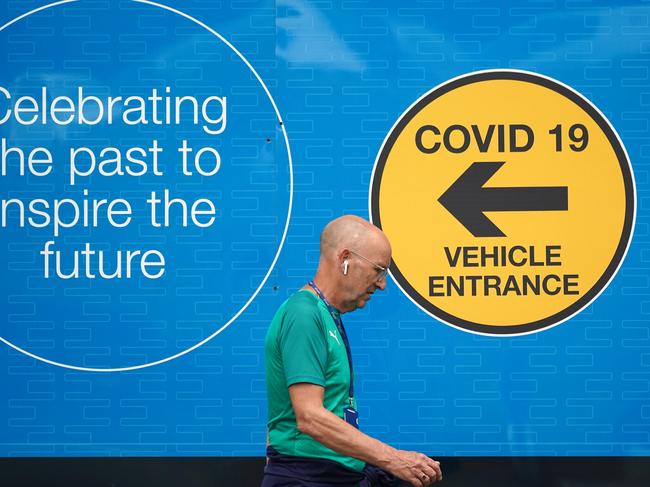
So far there have been 42,323 identified cases of the Delta variant in the UK, according to Public Health England’s data, up from 29,892 on June 2.
The Alpha variant caused a surge of Covid cases in January before a mass vaccine campaign, leading to a three-month lockdown as hospitals were stretched to near-capacity.
The government has since ramped up its vaccine drive, and has now administered nearly 41 million first doses and nearly 29 million second doses to adults over 25.
This means 43 per cent of the total population are fully vaccinated and 18 per cent are half vaccinated.
But cases are rising again, with new daily infections hitting 7,393 on Thursday, a level not seen since February.
More than 90 per cent of new cases were of the Delta variant, the government said.
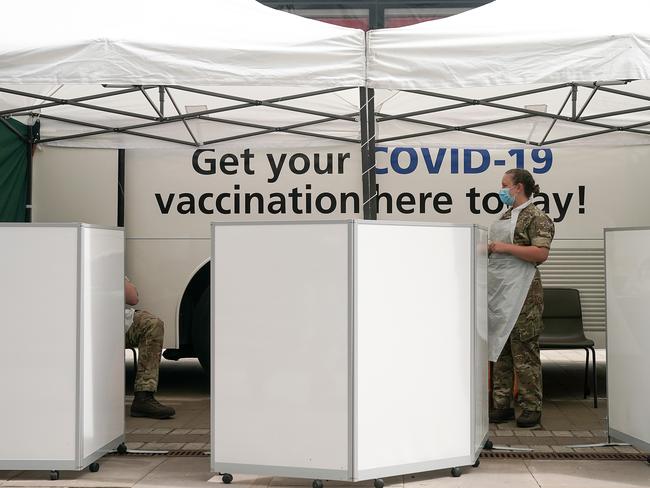
However, the number of patients in hospital remains low, at just over 1,000 on Thursday, and Health Secretary Matt Hancock has said most inpatients are people who are unvaccinated.
The government said this suggested the vaccination program is mitigating the impact of the Delta variant, urging the public to get both jabs.
Jenny Harries, chief executive of the UK Health Security Agency, said that “two doses provide significantly more protection” against the Delta variant than one.
The UK has reported 127,867 deaths from the virus, the highest toll in Europe.
BRAZIL GREENLIGHTS PFIZER JAB FOR KIDS 12 AND UP
Brazil’s health regulator approved the Pfizer Covid-19 vaccine Friday local time for use in children aged 12 and up, though they will likely have to wait months in line for older age groups to be vaccinated first.
Hit hard by the pandemic, Brazil joins countries including the United States, Uruguay and Chile in extending vaccination to minors.
However, supply issues mean the move is mainly symbolic for now. Brazil’s Covid-19 vaccination drive, which began in January, has been hit by shortages and delays.
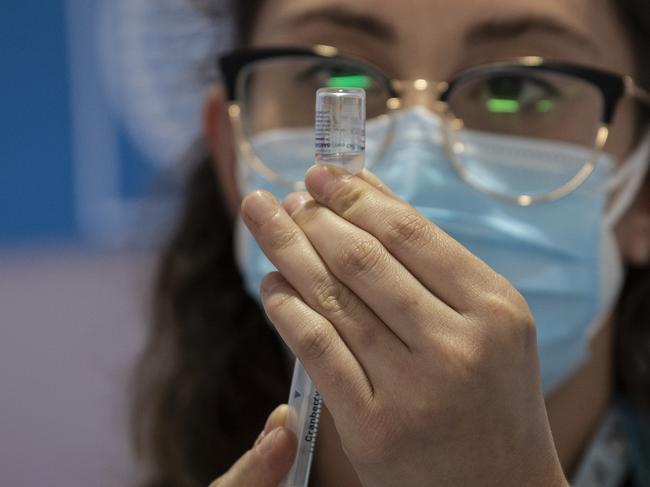
Around 11 per cent of the country’s 212 million people have been fully vaccinated so far.
Cities such as Sao Paulo and Rio de Janeiro have only recently finished vaccinating priority groups such as health workers and the elderly.
They are now vaccinating the general population in descending order by age, and are currently immunising people in their 50s.
The health regulator, Anvisa, said the approval was based on studies by Pfizer that “indicated the vaccine’s safety and effectiveness for this age group.” In addition to the US pharmaceutical giant’s vaccine, developed with German firm BioNTech, Brazil is currently using the Oxford/AstraZeneca vaccine and Chinese-developed CoronaVac.
Regulators have also approved the Johnson & Johnson vaccine, but the government has not yet reached a deal to purchase it.
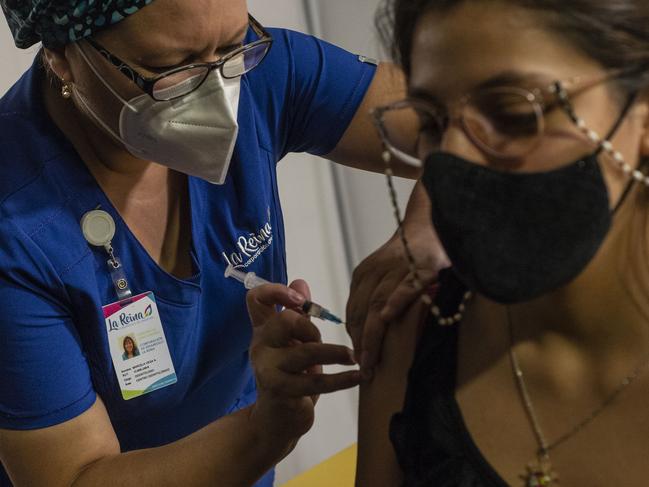
Brazil has struggled to source enough vaccine doses.
Far-right President Jair Bolsonaro faces criticism for refusing offers of vaccines last year, including from Pfizer, and instead pushing the ineffective medication chloroquine against Covid-19.
The pandemic has claimed more than 480,000 lives in Brazil, second only to the United States.
US’ SHOCKING Covid STATISTIC
It comes as Joe Biden has vowed the US will “help lead the world out of this pandemic” by gifting half a billion doses of Covid-19 vaccines globally.
On Thursday local time, Mr Biden officially confirmed reports that the US will purchase and donate 500 million doses of the Pfizer Covid-19 to almost 100 countries in “dire need”.
The US President said the vaccines will start being distributed in August, with 200 million doses to be delivered to countries in Africa, Asia, Latin America and the Caribbean this year. Three hundred million will be delivered in the first half of 2022.
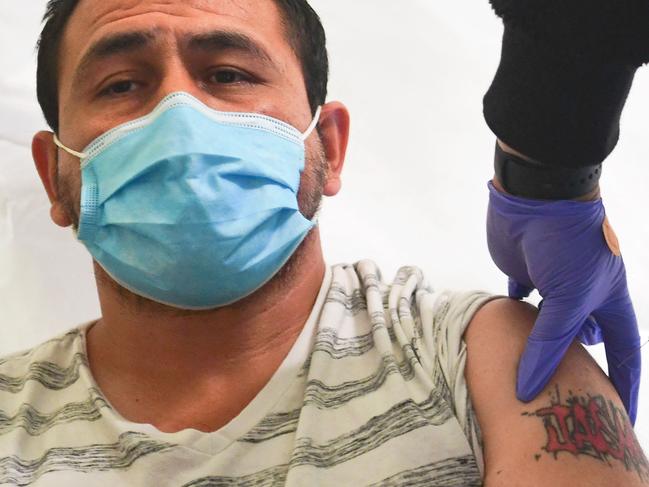
“We’ve had more people die in the US than anywhere in the world, nearly 600,000 of our fellow Americans,” he said in a press conference ahead of the G7 Summit in Cornwall, England.
Mr Biden told reporters there have been more Covid-19 deaths in the US “than from WW1, WWII, the Vietnam War and 9/11 combined” but that the nation had turned a corner and was ready to help “lead the world out of the pandemic”.
Mr Biden said the US’ vaccination program has “saved tens of thousands of lives” and that 64 per cent of adults has at least received the first shot. The nation now has the lowest rate of daily deaths since the start of the pandemic, Mr Biden said.
“It’s allowed millions, millions of Americans to get back to living their lives,” he added.
“We need to attack this virus globally as well.
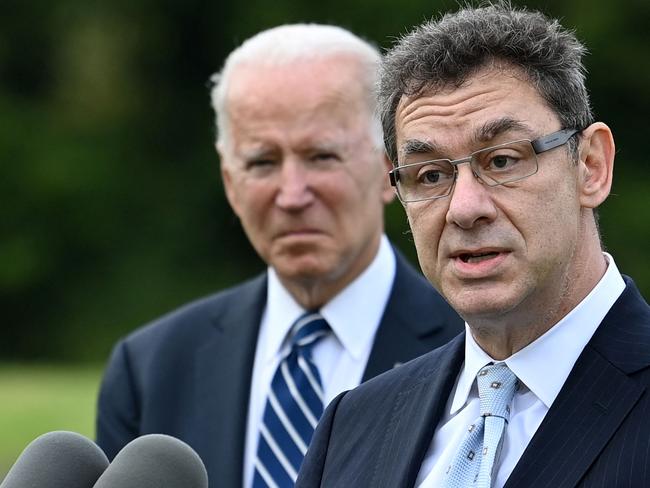
“Our humanitarian obligation is to save as many lives as we can.”
Mr Biden had previously committed to sharing 80 million Covid-19 vaccine doses with other countries.
He said the increased donation of half a billion doses will be provided “with no strings attached”, describing it as a “monumental commitment by the American people”.
“We’re not perfect but we step up,” he said.
“We’re going to help led the world out of this pandemic.”
According to Biden, more details regarding the scope of the commitment will be released during the summit, which starts on Friday local time.
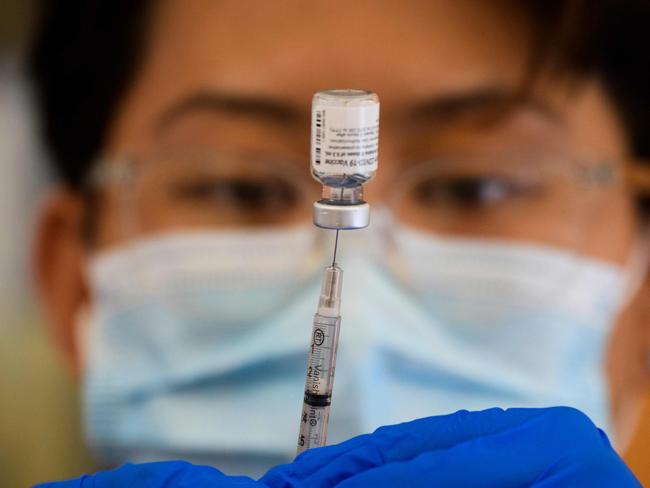
WHAT $3000 GETS YOU IN AUSTRALIAN HOTEL QUARANTINE
A returned traveller from India has shared details of what’s it’s like to undertake hotel quarantine in Australia.
Atul Gupta landed in Sydney on June 7 after a long 33-hour flight from Delhi via Doha with Qatar Airways.
On arrival at Sydney Airport, Mr Gupta was bussed to the Novotel where he is under quarantine for 14 days at his own expense of $3000.
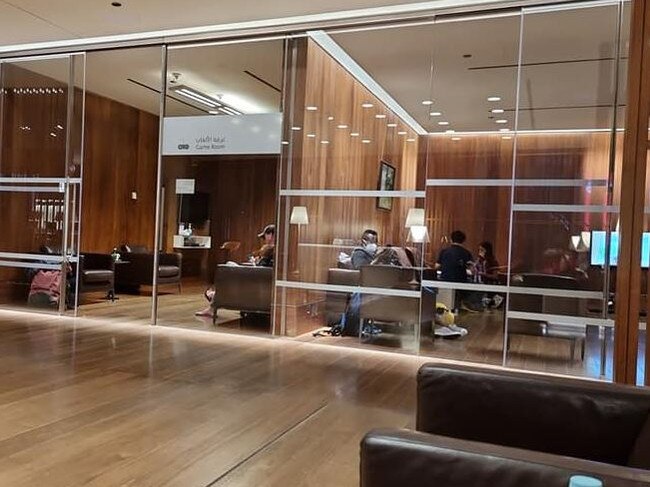
“Hotel room is good, spacious and with a good view. It got small fridge and kettle. No microwave. Windows were closed and won’t open,” the man posted on the Australians stuck in India Facebook group.
He explained deliveries of food and other necessities are permitted.
“We are allowed to order 1 delivery each from Woolworth or Coles or restaurants everyday and even from friends and family to be left at the hotel reception. I am getting a monitor delivered from our Sydney office,” Mr Gupta said.

He also explained there is a set menu but he can order other things at an additional cost.
“Food so far been good but not to my liking. They have a set menu but you can other things on their menu at your own expense). I have provided them with my card details which would be the same with any hotel you check in so nothing new here.”
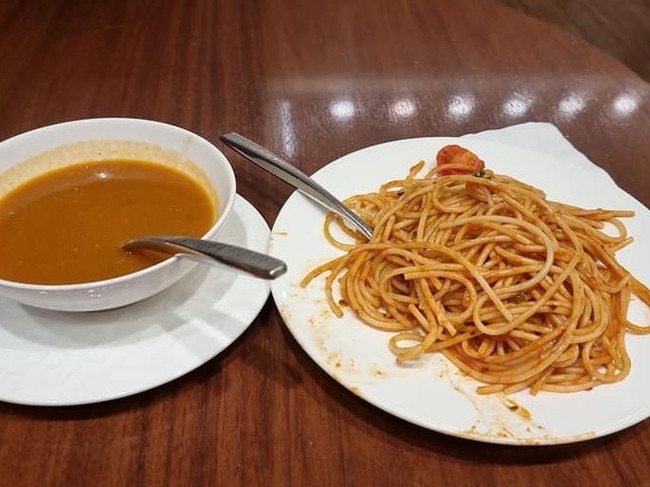
Mr Gupta said he travelled to India on an exemption to care for his terminally ill mother.
In a separate post on the group, members call on the government not to charge quarantine fees and link to the group Australians Challenging Quarantine Fees which has 1.2k members.
“It’s the right of Australian Citizens/PR holders to return back to Australia. Any lawyer or super rich from Australia stuck overseas in this situation should take action as why should we all pay 2500-3000$ for quarantine.? That’s rip off own citizens/pr instead f helping,” the post reads.
US GOVT ‘TO BUY’ 500M PFIZER VACCINES TO DONATE TO WORLD
The United States is set to buy 500 million Covid-19 vaccine doses to distribute around the world, according to reports, as France and Belgium relaxed virus restrictions to allow restaurants and cafes to serve indoors.
The Washington Post and New York Times, citing people familiar with the matter, said President Joe Biden was due to formally announce the huge donation of Pfizer-BioNTech doses at a G7 meeting in Britain this week.
According to a report in the Washington Post, the first 200 million doses will be distributed this year, with the other 300 million jabs shared in the first half of 2022.
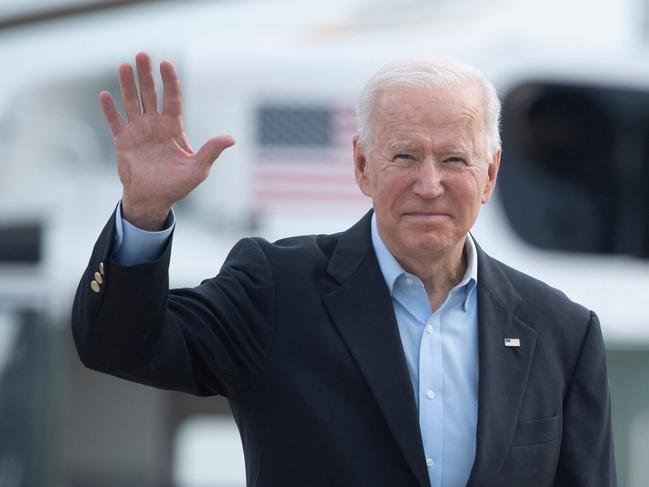
They will reportedly be targeted at low- and middle-income countries. There is no confirmation as to whether Australia will receive any of the vaccinations. Pfizer is selling the doses to the US at a “not-for-profit” price, the Washington Post reported.
The move comes as the United States faces pressure to do more about the global vaccine shortage, with rich countries having bought up the lion’s share of early supplies.
With the global death toll at more than 3.7 million, many nations are still struggling to contain outbreaks.
Rapid vaccine rollouts in wealthier parts of the world, however, including the US and Europe, are allowing the return of activities unthinkable just a few months ago.
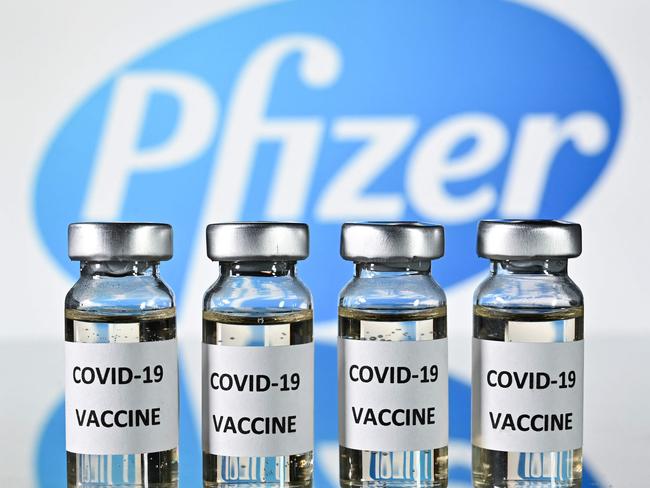
In France, that included sipping a drink inside a cafe, allowed on Wednesday for the first time in months.
“It’s a pleasure to have a coffee inside. Normal life is gradually resuming,” said transport worker Hammou Mraoui, enjoying a coffee in a Parisian bar.
With the easing of the curfew in France, venues are not only opening up inside, they’re open later outdoors too — an extra two hours to 11:00pm.
The new measures also saw gyms open their doors to the relief of fitness buffs like Stephanie Moscoso.
“I put on the alarm clock this morning, it was super early, I saw the sun, I said to myself: this is the beginning of a new life!” said the 35-year-old, who hit her local gym in Paris at 8:00am.
Belgium also relaxed restrictions, allowing cafes and restaurants to serve indoors, while mask-wearing rules were eased in Brussels.
Europe is continuing to see infection spikes in some places — Portugal, for instance, delayed Lisbon’s post-lockdown reopening on Wednesday.
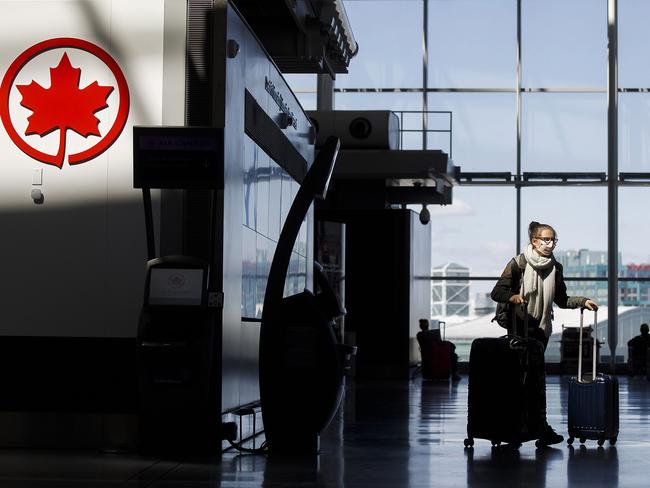
But the bloc’s accelerating vaccination campaign has fuelled hopes of a return to normality. Almost half of all adults in the EU have received at least one shot, with almost 26 per cent fully vaccinated.
And in Canada, fully vaccinated Canadian travellers will no longer have to quarantine for 14 days upon returning home.
CHINA FILLS VACCINE VOID
Optimism in Europe and the United States, however, are still tempered by the outlook for billions of the world’s poor still with no sign of a vaccine in sight.
While India is showing some signs of turning the tide against its brutal epidemic, that’s come at a cost to the neighbours it was previously supplying with vaccines. They’re now turning to Russia and Beijing for help with supplies.
Nepal, where barely two per cent of the population are fully vaccinated, resumed shots on Tuesday after a million more Sinopharm doses arrived from China, the only country so far to respond to its appeals for help.
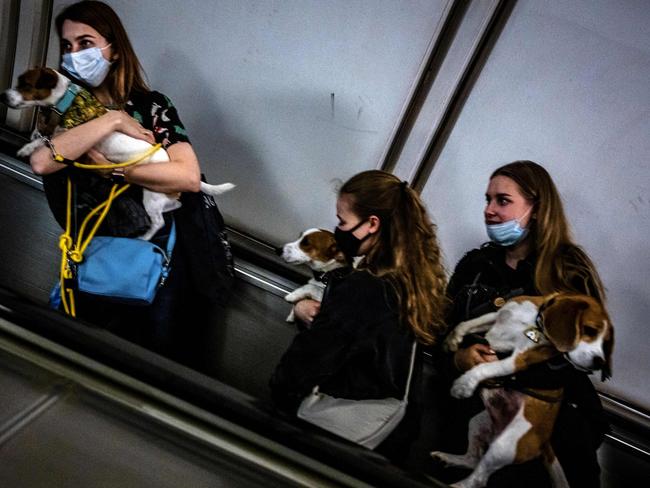
Sri Lanka has also been aggressively rolling out China’s Sinopharm jab after receiving two million doses in the past week, opening its program to pregnant women on Wednesday.
In a further sign that the fight against the pandemic is far from over, Russia on Wednesday warned of a spike in new cases that would force it to reopen mothballed field hospitals.
“We’re seeing a surge in infections day after day,” Moscow Mayor Sergei Sobyanin said.
Saint Petersburg has also recorded a spike in cases — just as Russia’s second city gears up to host several Euro football matches this month.
Preparations for Europe’s top international competition have been thrown into turmoil for the Spanish and Swedish teams after some of their players tested positive.
Spain has said it would vaccinate its players after the infections.
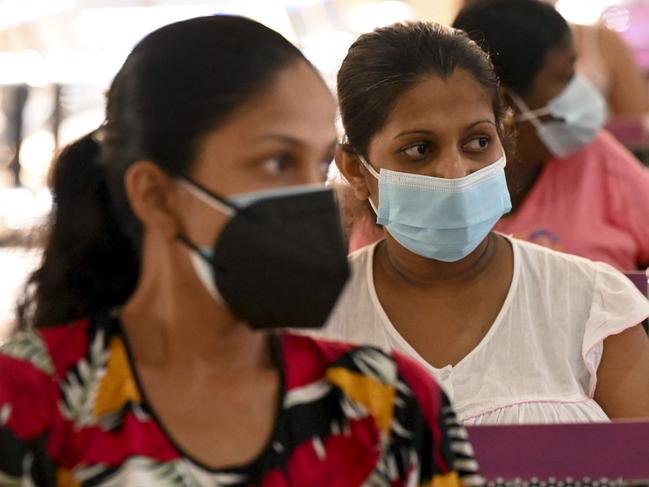
DRUG DEALERS ‘BEATING PANDEMIC’
Meanwhile, a new EU report cast light on how the pandemic has sped up what officials called the “uberisation” of the illegal drug market.
“We are witnessing a dynamic and adaptive drug market, resilient to Covid-19 restrictions,” said Alexis Goosdeel, director of the European Monitoring Centre for Drugs and Drugs Addiction.
Goosdeel said ads were increasingly being placed online allowing people to order illegal drugs using encrypted messaging apps for home delivery.
And while the effective shutdown of Europe’s night-life has hit consumption of party drugs such as ecstasy, other drugs have taken their place.
There has been a surge in consumption of benzodiazepines, for example — a drug normally prescribed to ease anxiety, according to the EMCDDA.
PFIZER TO BEGIN JAB TESTS ON YOUNG CHILDREN
Pfizer will begin testing its COVID-19 vaccine on larger group of children under age 12 after selecting a lower dose of the shot in an earlier stage of the trial.
The study will test up to 4,500 children at more than 90 clinical sites in the United States, Finland, Poland and Spain, the company said.
Based on safety and the immune response generated by 144 children in a phase I study of the two-dose shot, Pfizer said it will test a dose of 10 micrograms in children between 5 and 11 years of age, and 3 micrograms for the age group of 6 months to 5.
The company said expects data from 5-to 11-year-olds in September. Data for children 2 to 5 years old could arrive soon after that, a Pfizer spokesman said.
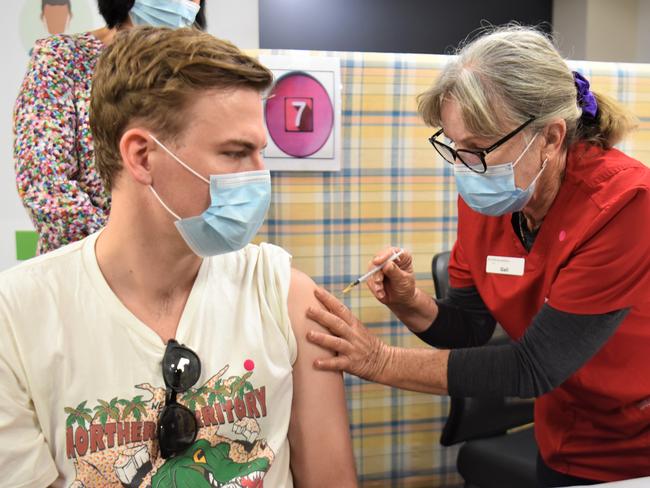
It comes as the EU’s drug watchdog said it hoped to rule as soon as July on whether Moderna’s coronavirus vaccine can be used for 12- to 17-year-olds.
Following the US biotech company’s application on Monday for conditional approval, the European Medicines Agency said it would carry out an “accelerated assessment”.
“EMA will communicate the outcome of its evaluation, which is expected in July unless supplementary information is needed,” it said.
The agency said the Moderna vaccine, which has been approved for adults in the EU since January, would be considered again using test results including a large clinical trial of adolescents.
The regulator approved the first vaccine for European adolescents, by Pfizer/BioNTech, in May.
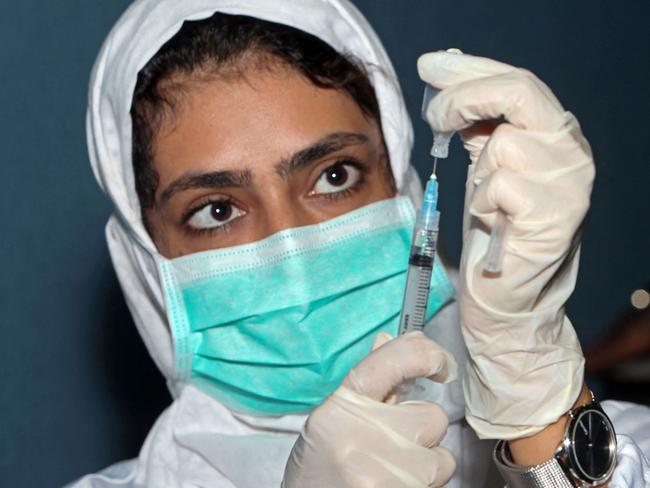
Covid VACCINE PATENT WAIVER TALKS INCH FORWARD
And after months of debate, World Trade Organisation (WTO) members on Wednesday local time took a first, small step towards a deal aimed at boosting production of Covid vaccines and treatments through patent waivers or compulsory licensing deals.
The WTO has struggled to move forward on the hotly-debated issue, since all decisions at the global trade body must be reached by consensus of all 164 member states.
But during a meeting on Wednesday, countries finally backed launching a process towards drafting an agreement, and “agreed on the urgency of this discussion”, a Geneva-based trade official said.
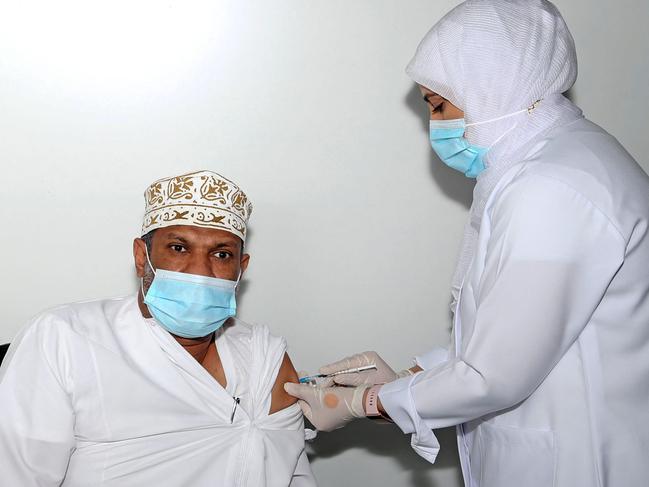
Views on the matter meanwhile remain far apart, the trade official said, adding that an initial report on progress in the text-based discussions was expected around July 21-22.
Since October, the WTO has faced calls led by India and South Africa for the temporary removal of such intellectual property protections, in what proponents argue will boost production in developing countries of vaccines, treatments, diagnostics and other vital medical tools needed to battle Covid-19.
This, they have argued, could help address the dire inequity in access to vaccines especially.
That notion long met with fierce opposition from pharmaceutical giants and their host countries, which insisted patents were not the main roadblocks to scaling up production and warned the move could hamper innovation.
The positions seemed to shift some last month, when Washington came out in support of a global patent waiver for Covid jabs, with other long-time opponents voicing openness to discuss the matter.
But others have stuck to their guns.
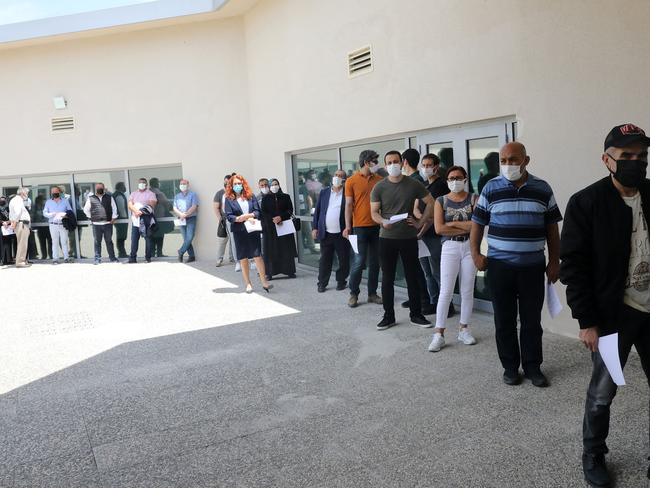
Some countries, like Switzerland, prefer a scenario in which pharmaceutical companies enter into voluntary licensing deals, as AstraZeneca has done with the Serum Institute of India (SII) to make its Covid-19 jabs.
And the European Commission last Friday presented a counter-proposal to the WTO calling for a multilateral pact aimed at boosting production of Covid-19 vaccines, not by suspending patents but through compulsory licensing deals and by urging countries to remove export restrictions.
That text, along with a revised proposal by India and South Africa that is backed by more than 60 countries, will form the basis for the negotiations.
Addressing Wednesday’s debate, US Charge d’affaires David Bisbee stressed Washington’s strong belief in IP protections.
“But we must do what is necessary to accelerate manufacturing and equitable distribution of vaccines,” he said, insisting that “the WTO must show that it can step up in a global crisis and act efficiently to improve the lives of ordinary people.”
“We must all come together to find a solution expeditiously, especially as the pandemic continues to spread with new variants.” Mr Bisbee said Washington was still examining the revised proposal from India and South Africa, adding though that it appeared to mark a “relatively modest change”.
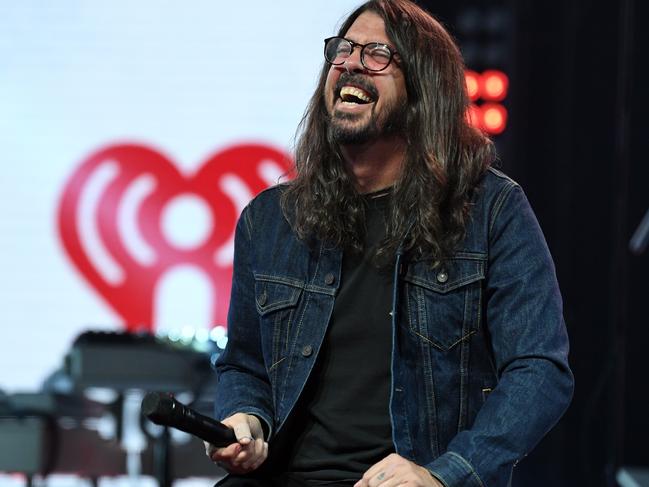
THE RETURN OF GIGS
The US this week eased its warnings against travel to dozens of countries, including Japan, with the State Department asking Americans to reconsider travel but ending blanket advice to not go at all.
The US has had one of the most successful vaccine rollouts in the world, and President Joe Biden has set a goal of giving at least one shot to 70 per cent of American adults by July 4 — the current figure stands at 63.7 per cent.
As vaccine drives have gathered pace, the US has seen dramatic easing of curbs in many parts, including New York City where concerts and shows are set to return.
Bruce Springsteen’s hit Broadway show will return on June 26, in front of vaccinated audiences.
We’ve been waiting for this day for over a year. And @TheGarden is going to feel that HARD. New York, get ready for a long ass night of screaming our heads off together to 26 years of Foos.
— Foo Fighters (@foofighters) June 8, 2021
Public on sale 6/11 @ 10am ET.https://t.co/0V7EIMcIll#FF26pic.twitter.com/ZyrIqzyjH5
And on June 20, Madison Square Garden will host thousands of vaccinated Foo Fighters fans at the first capacity concert at a New York arena since the virus struck last year.
“We’ve been waiting for this day for over a year,” said frontman Dave Grohl. “And Madison Square Garden is going to feel that HARD.”
FEARS OVER NEW DELTA SYMPTOMS
Meanwhile, doctors in India are concerned severe new symptoms could be linked to the Delta Covid variant.
These include hearing impairment, severe gastric upsets, and blood clots leading to gangrene, Bloomberg reports.
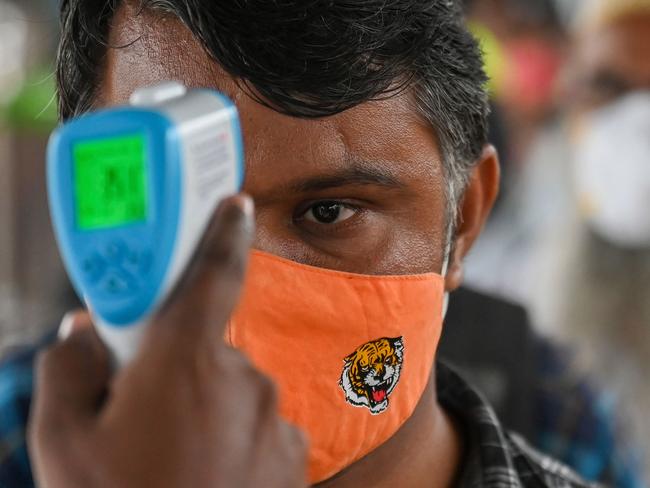
Mumbai cardiologist, Ganesh Manudhane, told Bloomberg some patients with the Delta variant had developed severe small blood clots, which caused affected tissue to die and develop into gangrene.
Dr Ganesh out of eight patients he had treated for thrombotic complications over the past two months, two had to have fingers or a foot amputated.
He said he had seen about four cases of these health complications last year, but was now seeing one patient every week.
Ear nose and throat surgeon at Mumbai’s King Edward Memorial Hospital, Hetal Marfatia, said some Covid patients had also experienced hearing loss and severe tonsillitis.
Surging virus case numbers in India in recent times may have increased the frequency with which rare Covid complications are being observed.
But Dr Ganesh said he had seen patients of all aged and with no past history of coagulation-related problems suffering from the severe Covid symptoms.
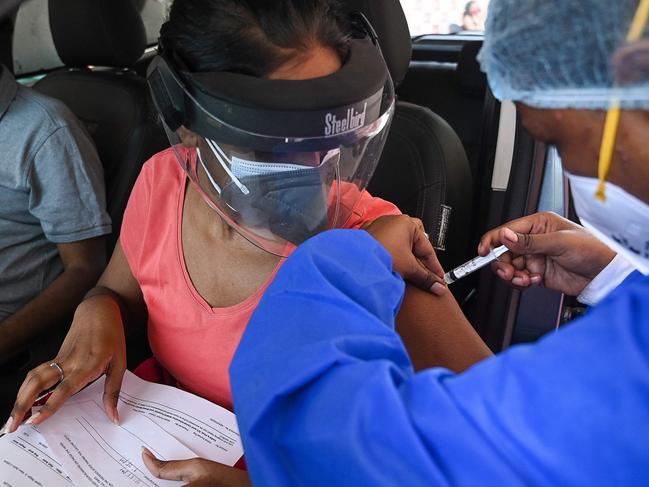
CHINA TO JAB KIDS
China has approved the emergency use of a Covid-19 vaccine for those as young as three, the drugmaker confirmed on Tuesday local time, making it the first country to offer jabs to young children.
Since the coronavirus first emerged in central China, Beijing has mostly managed to bring the country’s outbreak under control, and has administered over 777 million vaccine doses after a sluggish start.
A spokesman for Sinovac told reporters its vaccine had been approved for use on children.
“In recent days, the Sinovac vaccine was approved for emergency use in three- to 17-year-olds,” the spokesman said.
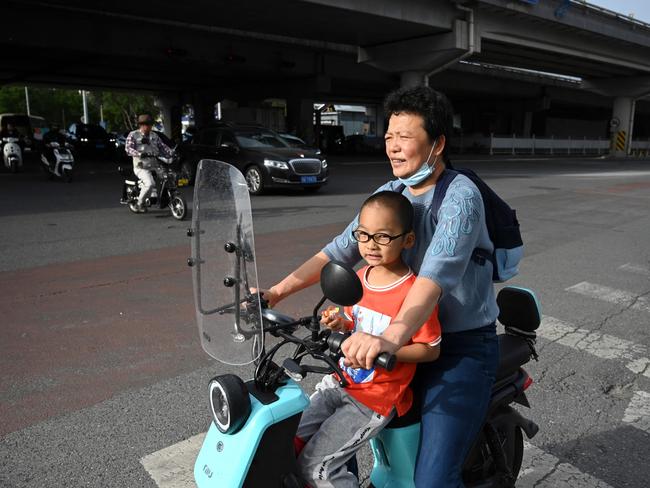
But he did not confirm when the young children would be able to start receiving the shots, saying the schedule for the rollout will be decided by the National Health Commission “according to China’s current epidemic prevention and control needs and vaccine supply”.
The company has completed early phase trials of the vaccine in children and adolescents, with results to be published shortly in the Lancet scientific journal, the spokesman added.
State broadcaster CCTV reported over the weekend that an unnamed official in the State Council’s epidemic response task force had said vaccines had been approved for children, and “the safety and effectiveness” had been proven.
A spokesman for China’s other major vaccine, Sinopharm, said that experts had demonstrated the effectiveness of its vaccine in children, but didn’t confirm whether it had been approved for use.
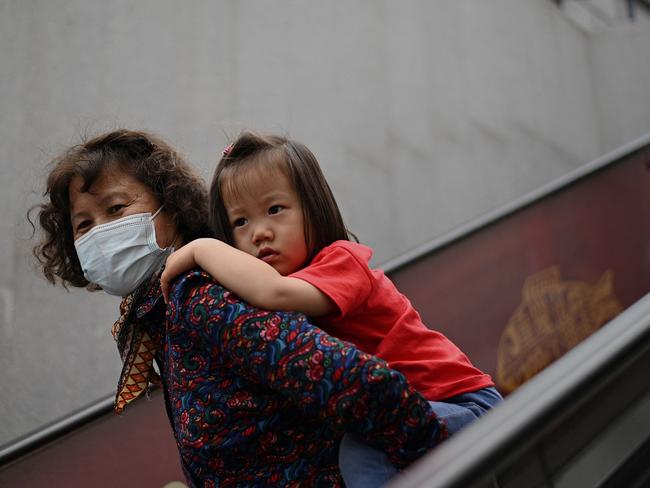
Chinese officials have said they are aiming to inoculate 70 per cent of the population of 1.41 billion by the end of this year.
The World Health Organisation (WHO) has approved both the Sinopharm and Sinovac vaccines for emergency use in adults aged 18 and older, and both jabs are being administered in several countries around the world.
While the WHO does not currently recommend vaccinating children against coronavirus, the United States, Britain, Singapore and the European Union have approved the Pfizer-BioNTech vaccine for those as young as 12.
China reported 33 new Covid-19 cases Tuesday, including 19 in southern Guangdong province where authorities have been battling a local outbreak.
ONE MILLION EUROPEANS GET Covid TRAVEL PASS
Meanwhile, more than one million Europeans have received the new EU Covid health certificate being rolled out to unlock travel within the bloc, the European Commission said on Tuesday local time.
EU Justice Commissioner Didier Reynders announced the figure to the European Parliament ahead of a vote to enshrine the document in law in time for the continent’s all-important summer tourism season.
It is expected to be passed by a big majority after agreement between MEPs and the EU’s 27 member states on details, with the vote result known early on Wednesday local time.
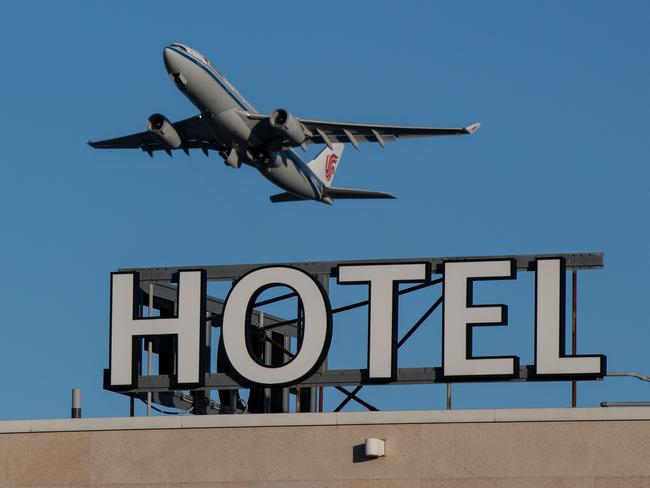
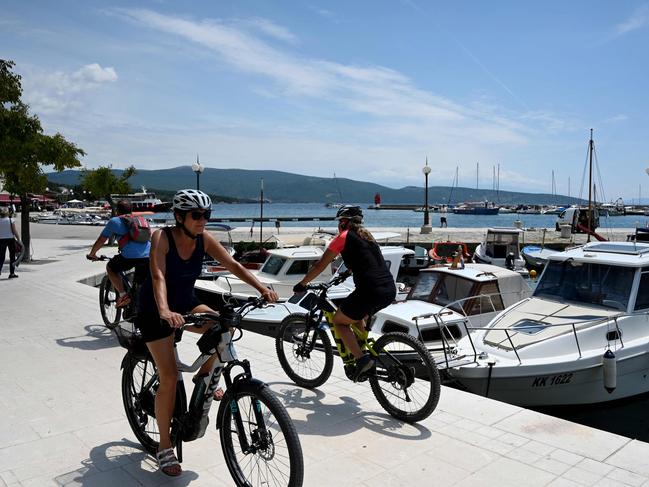
The certificate — showing the bearer’s immunity to Covid-19 either through vaccination or previous infection, or their negative test status — is to be used for intra-EU travel from July 1, obviating the need for quarantine or further testing for travellers.
But the commission wants as many EU countries as possible to start earlier. “The more certificates we can already issue, the easier the process will be during the summer — otherwise, we risk a big bang on the first of July, which we cannot afford,” Reynders said.
As of Tuesday, nine EU countries were already issuing the documents — including the sunny tourist destinations of Greece, Spain and Croatia, as well as the bloc’s major source of tourists, Germany.
Bulgaria, the Czech Republic, Denmark, Lithuania and Poland were the others. “More than a million citizens have already received such certificates, and many more will follow in the next weeks and months,” Reynders said.
The EU Digital Covid Certificate can be presented either in online form, on a smartphone for example, or printed out on paper.
It features a QR code for verification, which border officials and venue staff can use to check against digital signatures stored securely in Luxembourg servers.
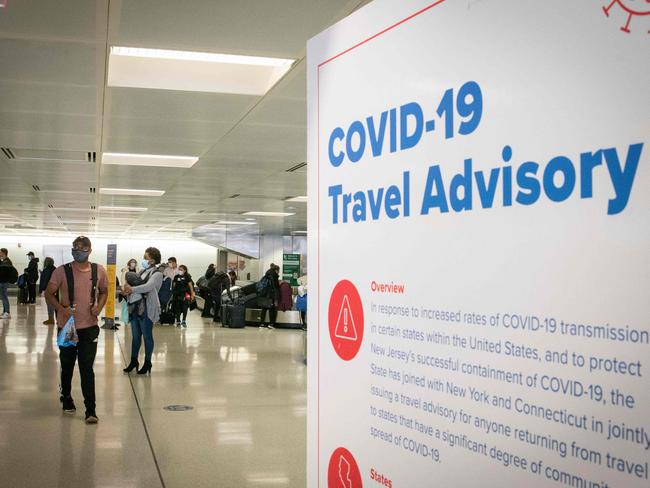
Only minimal data of the bearer are included on the certificates, to prevent identity skimming, and the EU legislation surrounding their use is due to expire after a year, so that they do not become a fixture with potential Big Brother uses in the future.
EU politicians and capitals also agreed that, when it comes to proof of vaccinations, only the jabs authorised by the European Medicines Agency — so far those from BioNTech/Pfizer, AstraZeneca, Moderna and Johnson & Johnson — would be accepted in all EU countries.
But individual countries can also decide to accept, for their territory only, others, such as one produced by China, or Russia’s Sputnik V vaccine.
– with AFP




